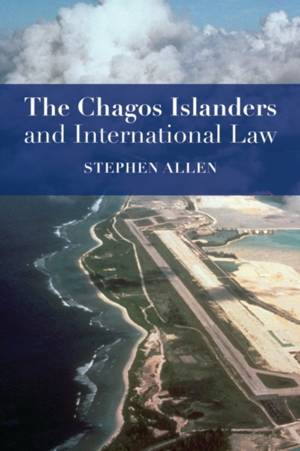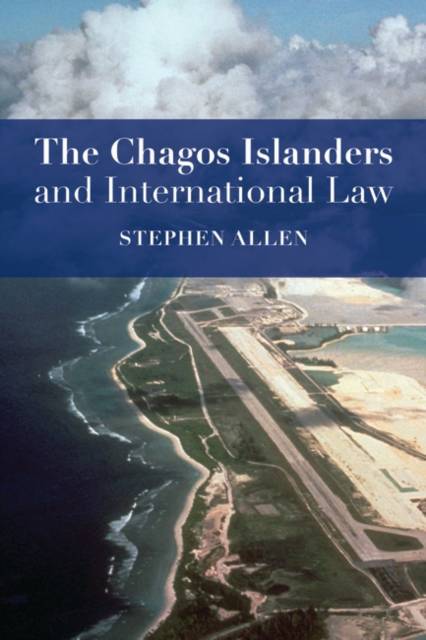
En raison d'une grêve chez bpost, votre commande pourrait être retardée. Vous avez besoin d’un livre rapidement ? Nos magasins vous accueillent à bras ouverts !
- Retrait gratuit dans votre magasin Club
- 7.000.000 titres dans notre catalogue
- Payer en toute sécurité
- Toujours un magasin près de chez vous
En raison de la grêve chez bpost, votre commande pourrait être retardée. Vous avez besoin d’un livre rapidement ? Nos magasins vous accueillent à bras ouverts !
- Retrait gratuit dans votre magasin Club
- 7.000.0000 titres dans notre catalogue
- Payer en toute sécurité
- Toujours un magasin près de chez vous
195,45 €
+ 390 points
Format
Description
In 1965, the UK excised the Chagos Islands from the colony of Mauritius to create the British Indian Ocean Territory (BIOT) in connection with the founding of a US military facility on the island of Diego Garcia. Consequently, the inhabitants of the Chagos Islands were secretly exiled to Mauritius, where they became chronically impoverished. This book considers the resonance of international law for the Chagos Islanders. It advances the argument that BIOT constitutes a 'Non-Self-Governing Territory' pursuant to the provisions of Chapter XI of the UN Charter and for the wider purposes of international law. In addition, the book explores the extent to which the right of self-determination, indigenous land rights and a range of obligations contained in applicable human rights treaties could support the Chagossian right to return to BIOT. However, the rights of the Chagos Islanders are premised on the assumption that the UK possesses a valid sovereignty claim over BIOT. The evidence suggests that this claim is questionable and it is disputed by Mauritius. Consequently, the Mauritian claim threatens to compromise the entitlements of the Chagos Islanders in respect of BIOT as a matter of international law. This book illustrates the ongoing problems arising from international law's endorsement of the territorial integrity of colonial units for the purpose of decolonisation at the expense of the countervailing claims of colonial self-determination by non-European peoples that inhabited the same colonial unit. The book uses the competing claims to the Chagos Islands to demonstrate the need for a more nuanced approach to the resolution of sovereignty disputes resulting from the legacy of European colonialism.
Spécifications
Parties prenantes
- Auteur(s) :
- Editeur:
Contenu
- Nombre de pages :
- 336
- Langue:
- Anglais
Caractéristiques
- EAN:
- 9781849462655
- Date de parution :
- 16-10-14
- Format:
- Livre relié
- Format numérique:
- Genaaid
- Dimensions :
- 157 mm x 236 mm
- Poids :
- 635 g

Les avis
Nous publions uniquement les avis qui respectent les conditions requises. Consultez nos conditions pour les avis.






